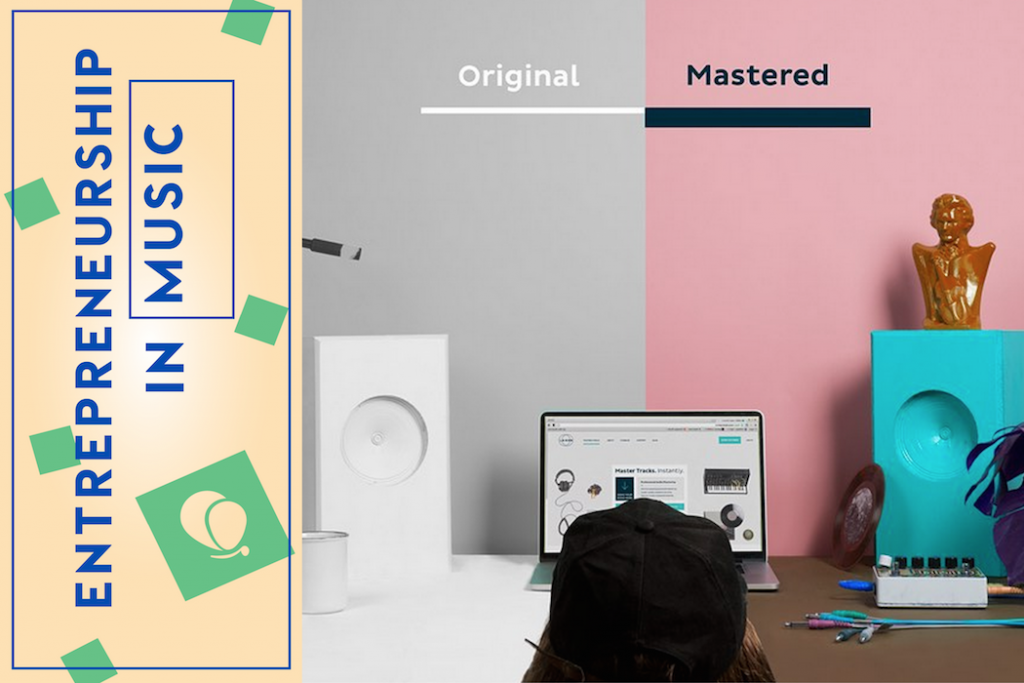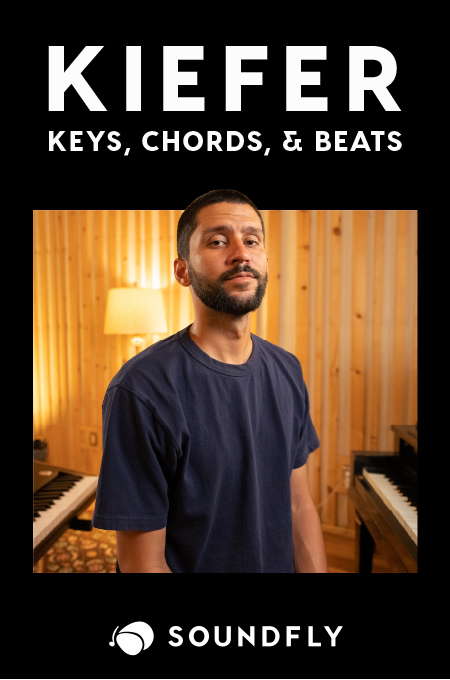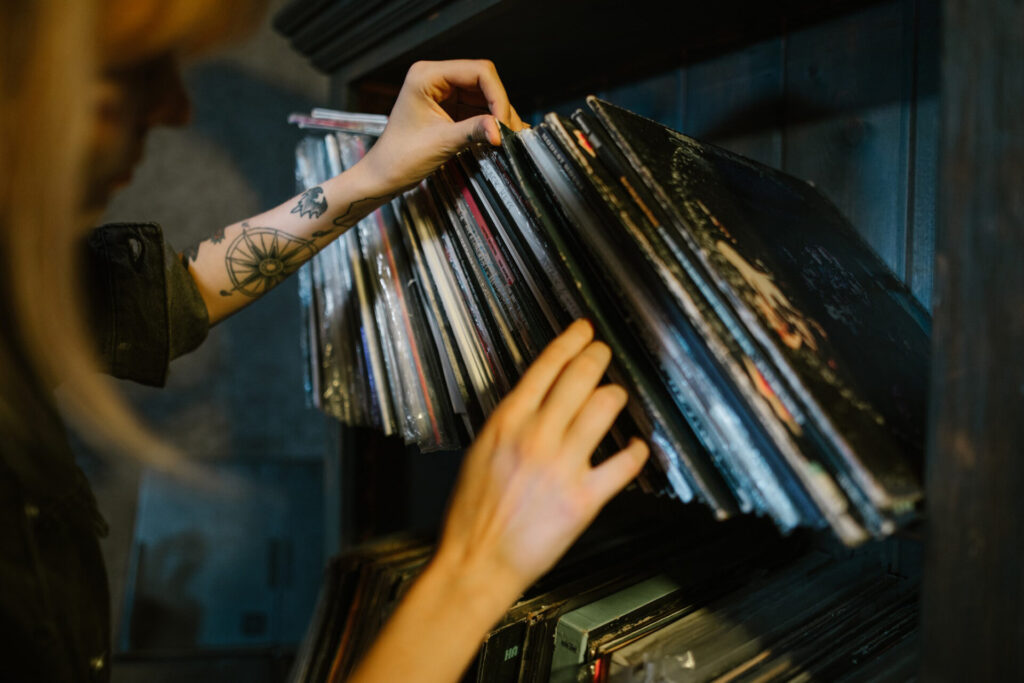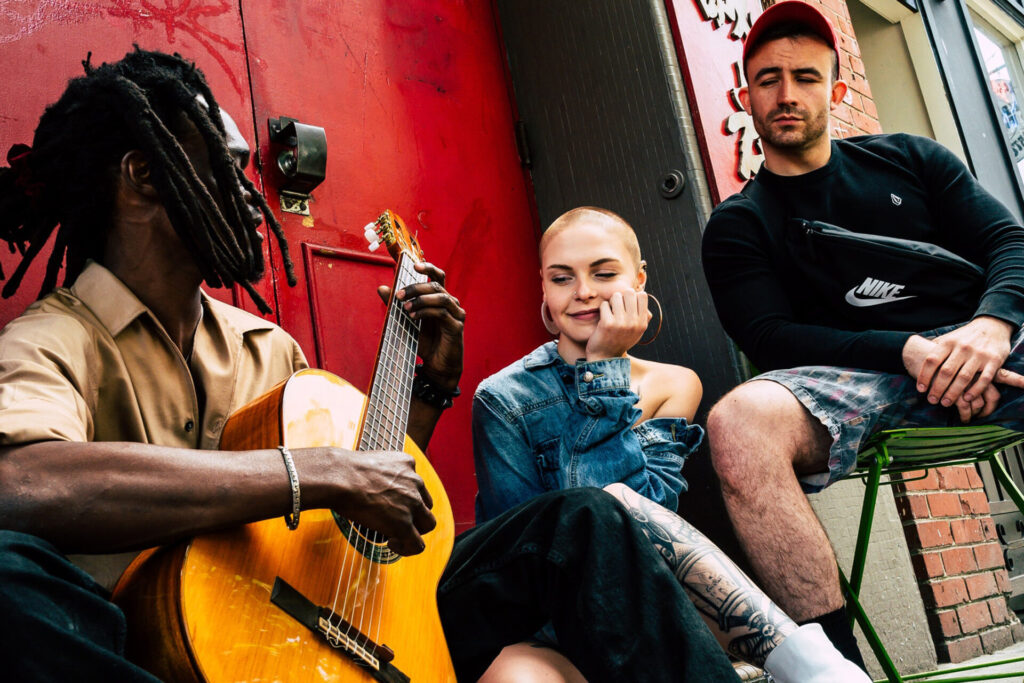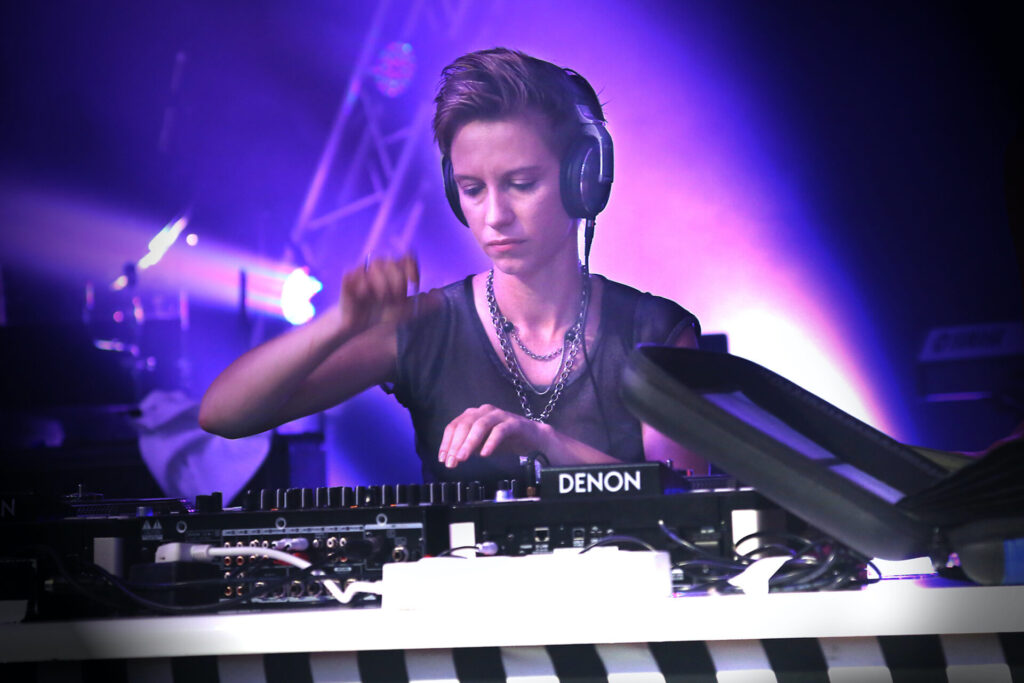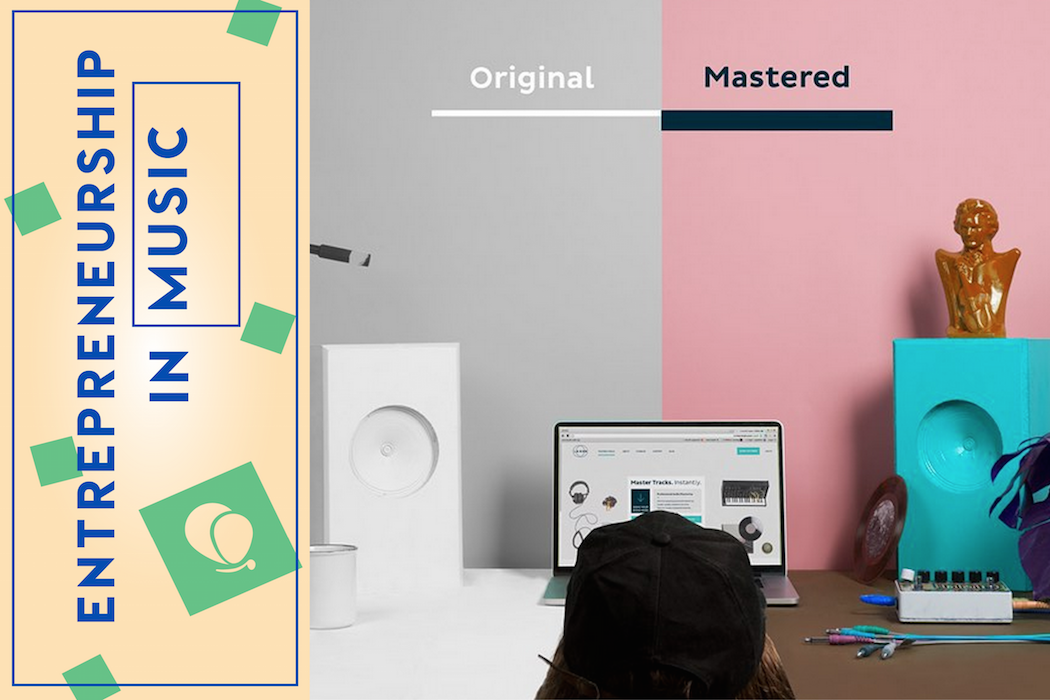
Entrepreneurship in Music Series: 004
LANDR
Founder, Justin Evans
Landr is computerized track-by-track mastering. The team that built MixGenius years ago is back with a new identity and a bold new take on audio with a self-learning algorithmic program that works off of an enormous bank of references, and is trained to find soundalike tracks and emulate the mastering process similarly. Best of all, the more it hears, the better and more fine-tuned it becomes. Complicated on the inside, jaw-droppingly simple on the outside. My conversation with founder, Justin Evans and his right-hand gal, Tasha Anestopoulos, scratches the surface of this drag-and-drop revolution in production…

Notable users include: Bob Weir (Grateful Dead), Tiga, Wolf + Lamb, Twista, Bennett Lewis (Of Montreal)
First of all, is it L-and-R or LANDR?
Um, both? Haha, well it’s kind of like that moment when you finally see the arrow in the FedEx logo. Oh my god its Left-and-Right! It’s up to anybody I guess.
So in short, what is LANDR?
Landr is a drag-n-drop machine-learning mastering system. It hopefully does what a great mastering engineer would do for your product, your music: listen to it, think about what a suitable reference track would be, and think about what it needs to do within the confines of what a set of mastering tools can do. It will basically put a cocktail together of tape emulation, EQ, limiters, compressors, etc., and apply the right sequence of tools and parameters to give your track the right kind of equalized sound.
How does it reflect a modern relationship to the mastering process?
You think about mastering, it used to be a thing for originally preparing a recording for printing to wax cylinders, then cutting to vinyl, then writing to CDs, now the focus has shifted to single-track releases, so our product primarily focuses on mastering for the so-called “SoundCloud Generation”. When people are disseminating music, we want to make sure it sounds great on the mediums it’s getting played on primarily, and right now that’s through the web. We want it to sound as good as tracks sold commercially, or in a club, or on streaming sites, and level that playing field for up-and-coming artists on a lower budget.
I hate that you had to have an engineering degree to understand a mixing desk. I’m really interested in building tools for people that are more intuitive, and that aren’t punishingly difficult to use — that’s my life mission.
Have you used Landr to master your back catalog?
Oh yeah, I have mountains of unreleased tracks from years ago that I never put on SoundCloud because I couldn’t make them sound as good as the music I listen to. But now I use that stuff to test new engines. So many of my original tracks are overblown, in fact that’s where the idea for the “hot file category” came from, so many people are just recording in the red because they don’t know what they’re doing. We’re making huge, exciting strides in decompression to be able to repair those kinds of files.
So, the program is essentially “artificially intelligent” — there’s no human on the receiving end of these files telling the computer what it should do with it?
Right, absolutely. It uses a huge pile of data, like what drives apps like Shazam. There’s no record-store geek going, “oh wait… that’s Eat Your Heart Out!” It breaks songs down into features and parameters, and recognizes those details. We’ve just passed one million songs mastered, which is an exciting milestone for the company, but this also means that Landr is getting smarter and better with all the new data that gets put into it.
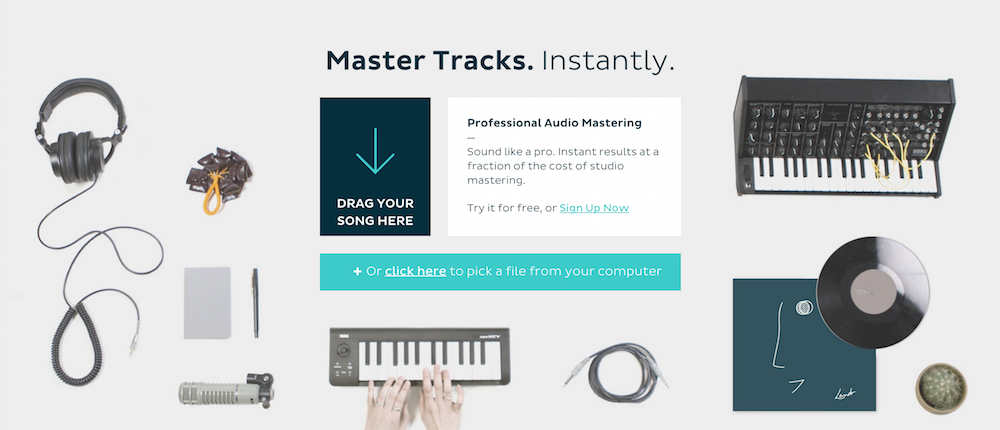
When was the point when the product was ready to go to market?
The day we launched, the product was at a comfortable point. Before launching the alpha version, we had done hours and hours of blind-listening tests, and we really sought out to prove that it could be valuable to people. And I mean, I think we did do that, within a few months, Bob Weir’s TRI Studios called us and said “this is amazing, we’d like to partner, to be a part of this…”
Other than TRI, have you had some bigger partners or users that have ushered in attention?
Sure, Turbo Recordings (Chromeo, Tiga, Duke Dumont, etc.) uses us and has done full releases with us, EUN Records in Berlin uses us, a teacher at the Art Institute of California uses it to teach his students how to master. We’re also pretty popular in the world of sync licensing for composers making tracks for picture, since Landr’s fast and cheap.
Do you speculate that electronic music has found an easier home on Landr than other types of sonic, genre environments?
Landr is poised to make a huge impact in the hip-hop community now that we’re seeing so many bedroom producers hit it big with singles and appear on people’s albums like Drake and Kanye. But it’s complicated for sure, the biggest challenge is that the more people that use it the better it gets at those reference points. So if a huge amount of people start using it for jazz it will get really good at identifying the reference points for jazz, but we haven’t yet, so it’s probably not that good for jazz yet. We’re still working on that. The spread right now is about 60% electronic and hip-hop, and 40% mix of indie, rock, folk, and other stuff, which is interesting culturally, since it represents a broad view of early adopters for new music and mobile technologies. You could make a pretty comfortable argument about that being a relative picture of what kinds of music is being made nowadays in those numbers as well.
Landr was part of an amazing community that only being a musician would’ve built for me.
How does Landr positively affect aspiring and emerging musicians?
It’s interesting that we’re actually making a huge impact on the songwriting community out there. Songwriters constantly have to pump out demos and send them to music publishers, and now they don’t sound so crappy anymore — they’re pretty on par with what’s on the radio. We’ve heard stories of people signing deals on the tracks they ran through Landr, which for me, as someone who has been there, a starving musician once upon a time, those stories make me happy.
What’s the team culture like here?
A shocking amount of musicians in this place. There’s more drinking than usual probably. Great karaoke! Like really great, better than any other office I’ve ever been in. No, but the great thing is that everyone here is pretty sensitive to good sound, and our culture is pretty social, always seeing music and talking about music, we’re driven by music culture. A big part of that is staying involved in the local music here in Montréal.
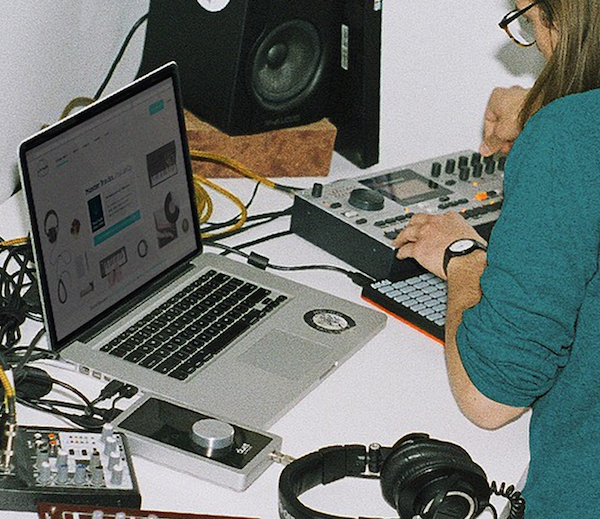
How did your musical network help to kickstart the business?
In 2001, I had a career as a graphic designer and moved to Montréal to commit to music full-time. There was just the most amazing music scene here, it was heaven. So I dropped out of my career, got a job at an amazing record store and just played music all the time with all these people, Djing, and living off that… It was weird avant-garde music, but at the record store we fostered that community. I was young and not really looking to become an entrepreneur, the music industry wasn’t very interesting to me. But at some point a friend of mine contacted me with an idea to, basically, call rich people and tell them their websites sucked, and that we would fix them, and it worked! We got great clients, and it was awesome, but yeah I didn’t have any time to make music anymore so eventually I quit that too. I needed music to be a part of my life, and because of the success of the digital design project, I was able to look around for a dream project, not really sure how that might manifest. There’s an incubator in town that specializes in tech transfer from universities, so they connected me with a group of technologists at the University of Queen Mary in London who were working on this crazy project. And the Montréal music scene is a big part of this, since I was able to bring the prototype back here and put it in front of all these open-minded musicians like Alex St. Onge and Roger Tellier-Craig and have them look at it and play with it for a while, criticize it, but also future-proof building a product out of it as well.
Landr was part of an amazing community that only being a musician would’ve built for me. It seems crazy, but the time I spent as a musician single-handedly created all the possibilities for this project’s success, and the time I spent playing music wasn’t searching for this kind of project, I was happy then and I’m happy now.
Do what you love with a huge amount of commitment… and don’t have five year plans.
What was your fundraising period like?
Well we started out harvesting the technology in academia, so there was money from the university system at that point to develop the tech. Then our local incubator gave us the seed money to start testing a prototype, form the company and start to funding the angel round. I raised an angel round with the guy who ended up becoming CEO of the company and he came in as my lead investor. I’m a product guy, I love making products and hate running a business, so this match worked out really well since he came over from a business side. He finished raising the round which was awesome, brought on a bunch of people. Shortly after that, Plus 8 (a DJ group consisting of Richie Hawtin, John Acquaviva, and Tiga) made an investment as a team. And then there’s a secret, I need to stop talking about this here, but amazing mind-shattering things are in the works. Stay tuned!
Are you financially sustainable now?
Yup.
Landr’s great, people are using it, loving it, talking about it. Now what?
Well for starters, the cloud is still a really scary thing for most musicians, people making art, so moving production onto the cloud is really interesting and developing so rapidly right now. It’s creating tons of possibilities. The two big things are getting musicians onto the cloud where that can be part of their practice, and not just for storage. Machine-learning and all the applications that comes with can save costs and time and empower them. But I also think, me as a musician, I have always hated knobs and dials. I hated that you had to have an engineering degree to understand how to use a soundboard or mixing desk. So I’m really interested in building tools for people that are more intuitive, and that aren’t punishingly difficult to use — that’s my life mission.
What’s the best advice you’ve ever received?
So I guess this applies to the choices I made that led to developing this product, but to do what you love with a huge amount of commitment, and don’t have five year plans. Screw them. When I was in the scariest part of being super broke, living in a crappy apartment, rat-infested, trying to be a musician, my dad told me not to worry about it, because he knew this was what I loved and cared about. He knew things would work out and you know what? They did, it led me to the right path.
Click here for the full Entrepreneurship in Music series!
